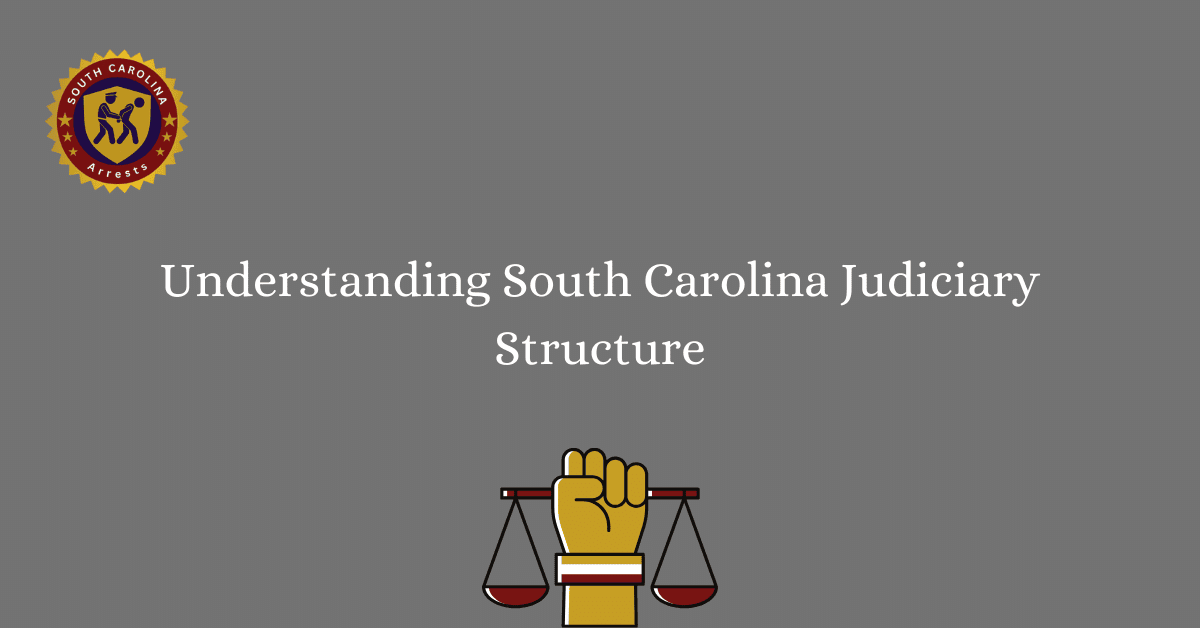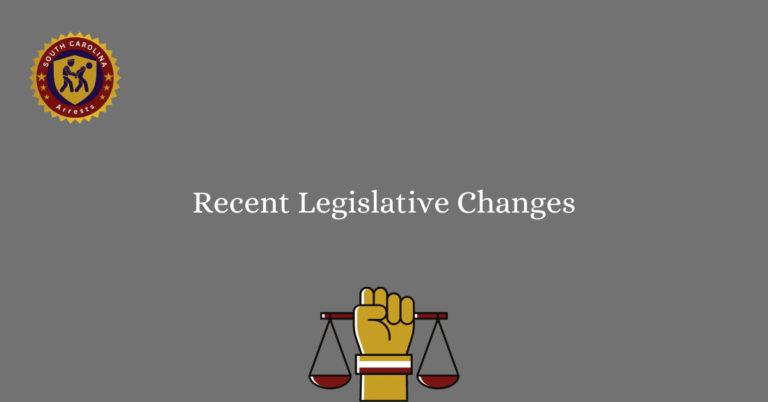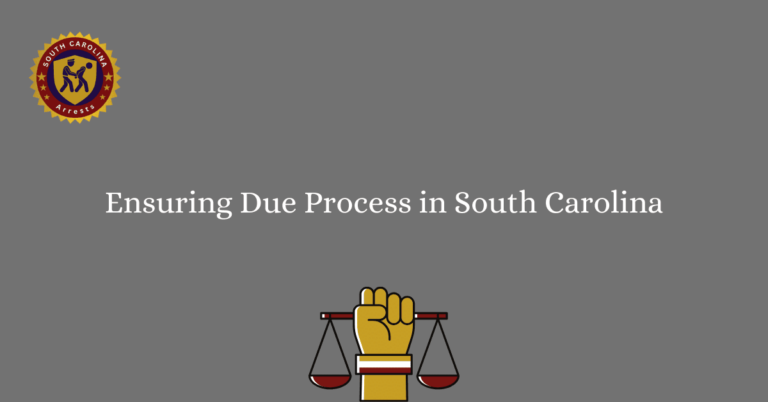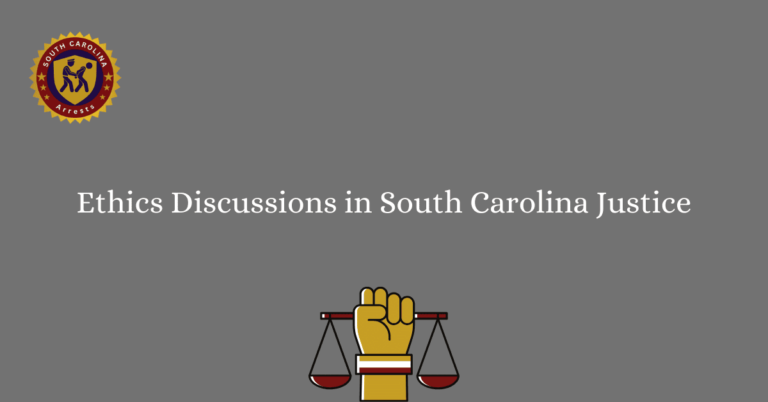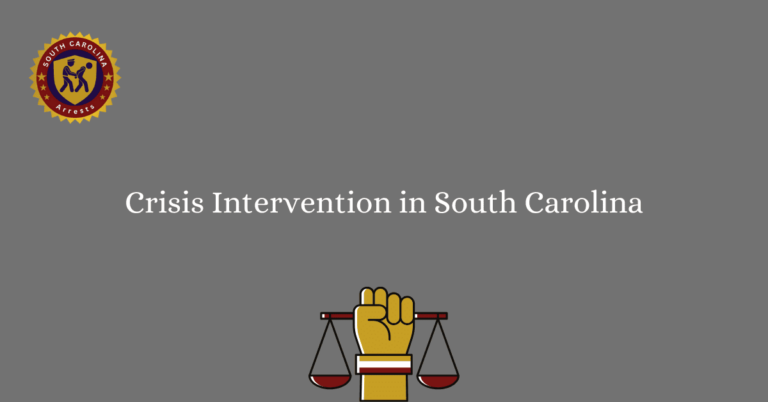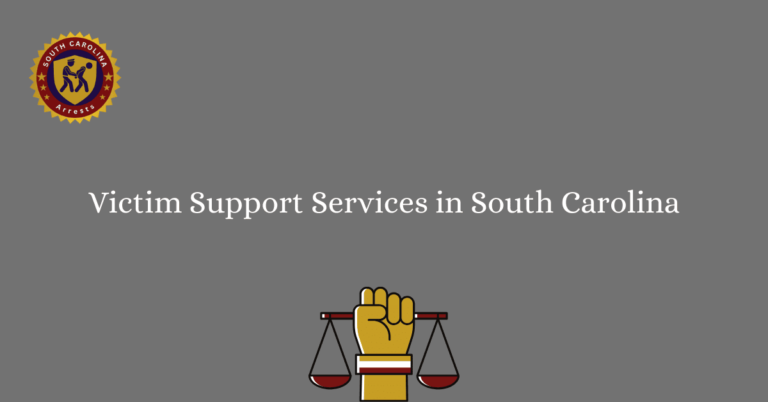Understanding South Carolina Judiciary Structure
The South Carolina Judiciary Structure is a complex system designed to uphold justice and maintain order within the state. It comprises various levels, including the Supreme Court, Court of Appeals, Circuit Courts, Family Courts, and Magistrate Courts. Each of these divisions plays a crucial role in interpreting laws, resolving disputes, and ensuring fair trials for all individuals involved in legal proceedings.
The SC Judiciary Structure involves recognizing the hierarchy of courts, the responsibilities of judges and legal professionals, and the overall process of how cases move through the system. By delving into the intricacies of this framework, individuals can gain insight into how justice is served, laws are upheld, and rights are protected within the state of South Carolina.
Overview of South Carolina Judiciary System
The South Carolina judiciary system plays a crucial role in upholding justice and maintaining law and order within the state. It comprises various courts that operate within a legal hierarchy to ensure that disputes are resolved fairly and in accordance with the law. Understanding the structure of the SC courts is essential for residents to navigate the legal system effectively and access justice when needed.
Roles and Functions of SC Courts
The SC courts are divided into different levels, each with specific roles and functions. The Supreme Court, Circuit Court, Family Court, and Magistrate Courts all play a vital part in the administration of justice within the state. Understanding the responsibilities of each court helps individuals know where to seek legal redress based on their specific needs.
Supreme Court Responsibilities
The Supreme Court of South Carolina is the highest court in the state and primarily handles appeals from lower courts. It ensures that the law is applied correctly and consistently throughout the state, setting legal precedents that guide lower courts in their decision-making processes.
Circuit Court Functions
The Circuit Court in South Carolina has jurisdiction over civil and criminal cases, including general sessions, common pleas, and equity matters. It plays a crucial role in resolving disputes between individuals, businesses, and government entities within its designated geographical areas.
Family Court Duties
The Family Court is responsible for handling matters related to domestic relations, including divorce, child custody, and child support. It aims to protect the rights and well-being of families while ensuring that disputes are resolved in a fair and timely manner.
Magistrate Courts’ Local Impact
Magistrate Courts in South Carolina have jurisdiction over minor criminal offenses, traffic violations, and civil matters involving small claims. They play a crucial role in providing accessible justice to residents at a local level, often serving as the first point of contact for individuals seeking legal assistance.
Interactions Between Judicial Entities
The SC judiciary system relies on collaborative efforts between various judicial entities to ensure that justice is served effectively and efficiently. Legal cooperation and coordination between courts are essential for upholding due process and protecting the rights and liberties of residents.
Collaborative Efforts for Justice
Judges, attorneys, court staff, and other legal professionals work together to ensure that cases are handled fairly and impartially. Collaborative efforts between different courts help streamline legal processes and promote access to justice for all individuals within the state.
Legal Cooperation for Due Process
Ensuring due process is a fundamental aspect of the SC judiciary system, requiring legal cooperation and coordination at all levels. By upholding procedural fairness and adherence to the law, the courts maintain public trust and confidence in the justice system.
Supporting Rights and Liberties of Residents
One of the primary goals of the SC judiciary system is to protect the rights and liberties of residents through the fair and impartial administration of justice. By upholding the rule of law and ensuring access to legal remedies, the courts play a vital role in safeguarding individual freedoms and promoting social justice within the state.
Frequently Asked Questions
Have questions about the SC Judiciary Structure? Find answers to commonly asked queries below:
What is the structure of the South Carolina Judiciary?
The South Carolina Judiciary is divided into several levels, including the Supreme Court, the Court of Appeals, Circuit Courts, Family Courts, and Magistrates Courts. Each level has specific jurisdictions and responsibilities to ensure the fair administration of justice.
What is the role of the Supreme Court in the SC Judiciary?
The Supreme Court is the highest court in South Carolina and serves as the final arbiter of legal disputes in the state. It hears appeals from lower courts and ensures that state laws and the constitution are interpreted and applied correctly.
How are judges appointed in the SC Judiciary?
In South Carolina, judges are appointed by the Governor with the advice and consent of the Senate. They serve staggered terms to maintain continuity and independence in the judiciary. The Judicial Merit Selection Commission plays a crucial role in evaluating and nominating candidates for judicial positions.
What is the function of Circuit Courts in the SC Judiciary?
Circuit Courts in South Carolina have general jurisdiction over civil and criminal cases. They handle a wide range of legal matters, including family law, probate, and civil disputes. Circuit Court judges are elected by the General Assembly and serve renewable six-year terms.
How do Family Courts contribute to the SC Judiciary system?
Family Courts in South Carolina focus on cases involving family and domestic relations, such as divorce, child custody, and child support. They prioritize the best interests of children and families, offering mediation and counseling services to resolve disputes amicably.
What is the significance of Magistrates Courts in the SC Judiciary?
Magistrates Courts in South Carolina handle minor criminal offenses, traffic violations, and civil disputes involving small claims. Magistrates are appointed by the Governor and serve four-year terms, providing accessible and efficient justice to local communities.

